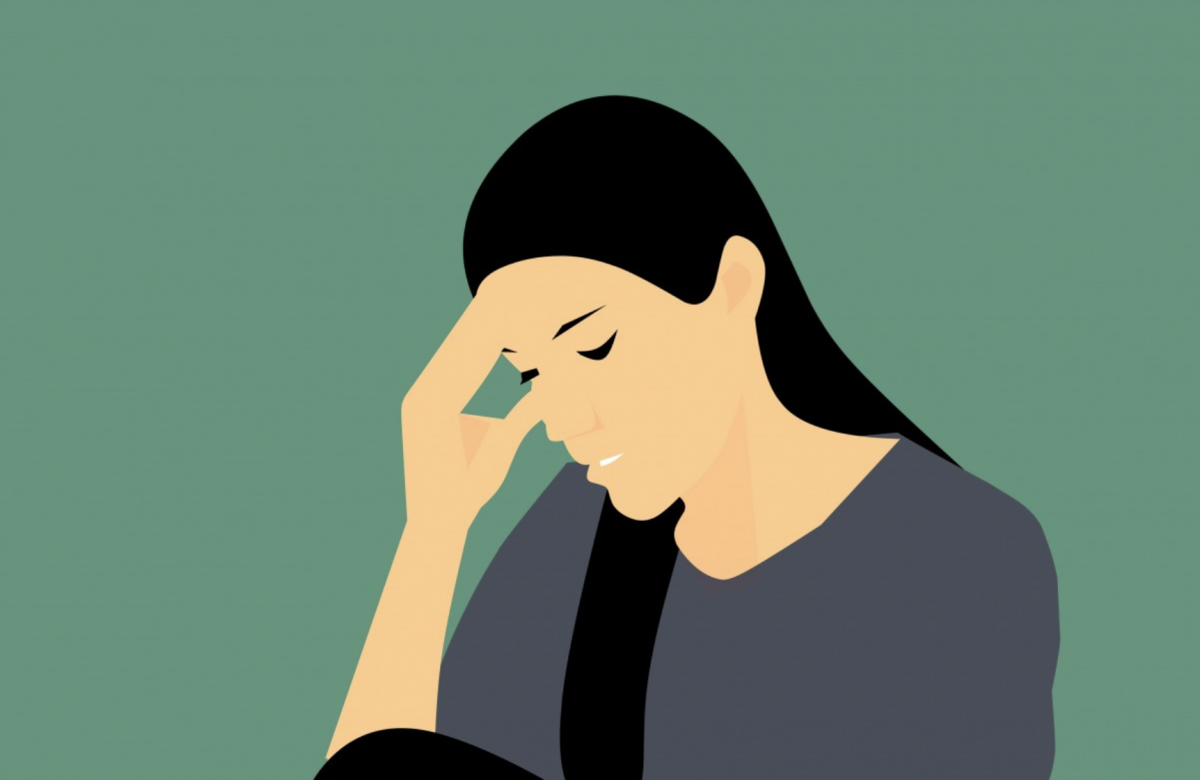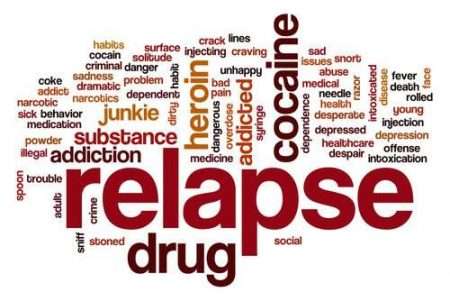Alcohol and Depression: Is Drinking a Cause?
The connection between drinking alcohol and depression is real, although which comes first — alcohol or depression — is up for debate. Does alcohol cause or worsen depression? Or does depression lead to alcohol misuse and abuse?
Rehab Costs & Options for Alcohol | Drugs | Other addictions
A group of researchers from Yale University in the United States sought to answer the following two questions:
- How common are alcohol programs among people who suffer from depression?
35 studies meeting criteria suggested that 16% of individuals diagnosed with depression presented with alcohol problems versus 7% among the general population. Hence, those with depression showed more than double the propensity to face alcohol problems.
- Does alcohol affect depression?
Study data showed that patients being treated for depression who also had alcohol misuse or dependence issues were associated with higher adverse clinical outcomes as well as higher correlated rates of suicide risk.
Does Alcohol Make Depression Worse?
The relationship between depression and alcohol is long, complicated and cyclical:
- You feel down, low, depressed so you drink alcohol to feel better.
- You drink to get relief from depressive thoughts, and you experience temporary feelings of elation.
- After drinking, you sober up and feel guilty, which sends you deeper into depression.
- You self-medicate with alcohol so you feel better
- Life gets more difficult, and your drinking affects your relationships and your work.
- You drink more to feel better… and the cycle continues …
That’s the emotional journey that someone who suffers from depression and alcoholism might go through, but what about the biological side of it? Let’s take a look at what we know from research about how alcohol affects the brain’s chemistry and why 95% of people who responded to a survey in Men’s Health said they’ve felt depressed after drinking.
The Science of Alcohol’s Effect on the Brain
You’ve probably heard that alcohol is a depressant, but what does that mean? How does alcohol affect the brain’s chemistry and lower our moods?
When you drink alcohol, it blocks chemical signals in your brain, which is why the more you drink, the more you experience symptoms of intoxication — slurred speech, lack of coordination, slow reflexes, and memory loss. Alcohol interferes with neurotransmitters in the brain, giving you false or temporary feelings like:
- Increased confidence
- Decreased inhibitions
- Increased impulsiveness
- More aggression and anger
- Anxiety and depression
The effects of alcohol on the brain depend on a number of factors, including your age, your overall health, how much and how often you drink, the age at which you started drinking, and your genetics.
The more you drink, the more prone you are to experience anxiety and depression.
Over time, as you continue to drink, alcohol shrinks the hippocampus, which is the part of the brain that is responsible for memory and reasoning.
Alcohol also affects two very important chemicals in your brain — serotonin and dopamine.
Alcohol and serotonin
Serotonin is known as the “happy chemical” in your brain because it contributes to your mood and feelings of happiness and well-being. When you drink alcohol, your brain produces more serotonin, which is why you temporarily feel happier. Over time, as you drink more, your brain slows the production of serotonin, and that can lead to chronic depression.
Alcohol and dopamine
Dopamine lives in your brain’s “reward centre.” It is a hormone and neurotransmitter that plays an important role in your feelings of pleasure and happiness. It also plays an important role in memory and your ability to focus. When you drink alcohol, you increase the release of dopamine, which is why for a short time while you drink, you think you feel better and happier.

Is Depression a Symptom of Alcohol Withdrawal?
Yes, depression is a common symptom people experience when they stop drinking, whether after a night of binge drinking or after a prolonged period of alcohol misuse.
It’s one of the reasons quitting alcohol cold turkey can be dangerous. Your brain relies on alcohol and stops producing its own neurotransmitters, so when you cut it off suddenly, the side effects can be dangerous. A common side effect is “delirium tremens,” which can include hallucinations, seizures and heart failure.
Get Help with Quitting Alcohol
Castle Craig’s residential treatment programme specialises in treating men and women who suffer from depression and alcoholism. We have successfully treated thousands of people who’ve struggled with depression and self-medicated with alcohol.
If you’re concerned about depression and quitting drinking, please reach out.
Get in touch today
To find out how we can help you please telephone Castle Craig on our Helpline: 01721 728118 or click here to arrange a free addiction assessment or here for more information.
You’re almost there.



